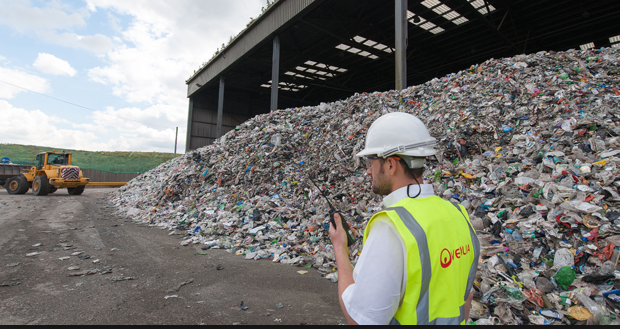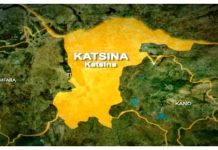An alliance of global companies from the plastics and consumer goods value chain today launched a new organization to advance solutions to eliminate plastic waste in the environment, especially in the ocean.
The cross value chain Alliance to End Plastic Waste (AEPW), currently made up of nearly thirty member companies, has committed over $1.0 billion with the goal of investing $1.5 billion over the next five years to help end plastic waste in the environment. The Alliance will develop and bring to scale solutions that will minimize and manage plastic waste and promote solutions for used plastics by helping to enable a circular economy. The Alliance membership represents global companies and located throughout North and South America, Europe, Asia, Southeast Asia, Africa, and the Middle East.
“Everyone agrees that plastic waste does not belong in our oceans or anywhere in the environment. This is a complex and serious global challenge that calls for swift action and strong leadership. This new alliance is the most comprehensive effort to date to end plastic waste in the environment,” said David Taylor, Chairman of the Board, President and CEO of Procter & Gamble, and chairman of the AEPW. “I urge all companies, big and small and from all regions and sectors, to join us,” he added.
“History has shown us that collective action and partnerships between industry, governments and NGOs can deliver innovative solutions to a global challenge like this,” said Bob Patel, CEO of LyondellBasell, and a vice chairman of the AEPW. “The issue of plastic waste is seen and felt all over the world. It must be addressed and we believe the time for action is now.”
The Alliance is a not-for-profit organization that includes companies that make, use, sell, process, collect, and recycle plastics. This includes chemical and plastic manufacturers, consumer goods companies, retailers, converters, and waste management companies, also known as the plastics value chain. The Alliance has been working with the World Business Council for Sustainable Development as a founding strategic partner. The Alliance today also announced an initial set of projects and collaborations that reflect a range of solutions to help end plastic waste:
- Partnering with cities to design integrated waste management systems in large urban areas where infrastructure is lacking, especially those along rivers which transport vast amounts of unmanaged plastic waste from land to the ocean. This work will include engaging local governments and stakeholders, and generate economically sustainable and replicable models that can be applied across multiple cities and regions. The Alliance will pursue partnerships with cities located in high plastic leakage areas. The Alliance will also be looking to collaborate with other programs working with cities, such as Project STOP, which is working in Indonesia.
- Funding The Incubator Network by Circulate Capital to develop and promote technologies, business models and entrepreneurs that prevent ocean plastic waste and improve waste management and recycling, with the intention of creating a pipeline of projects for investment, with an initial focus on Southeast Asia.
- Developing an open source, science-based global information project to support waste management projects globally with reliable data collection, metrics, standards, and methodologies to help governments, companies, and investors focus on and accelerate actions to stop plastic waste from entering the environment. The Alliance will explore opportunities to partner with leading academic institutions and other organizations already involved in similar types of data collection.
- Creating a capacity building collaboration with intergovernmental organizations such as the United Nations to conduct joint workshops and trainings for government officials and community-based leaders to help them identify and pursue the most effective and locally-relevant solutions in the highest priority areas.
- Supporting Renew Oceans to aid localized investment and engagement. The program is designed to capture plastic waste before it reaches the ocean from the ten major rivers shown to carry the vast majority of land-based waste to the ocean. The initial work will support the Renew Ganga project, which has also received support from the National Geographic Society







